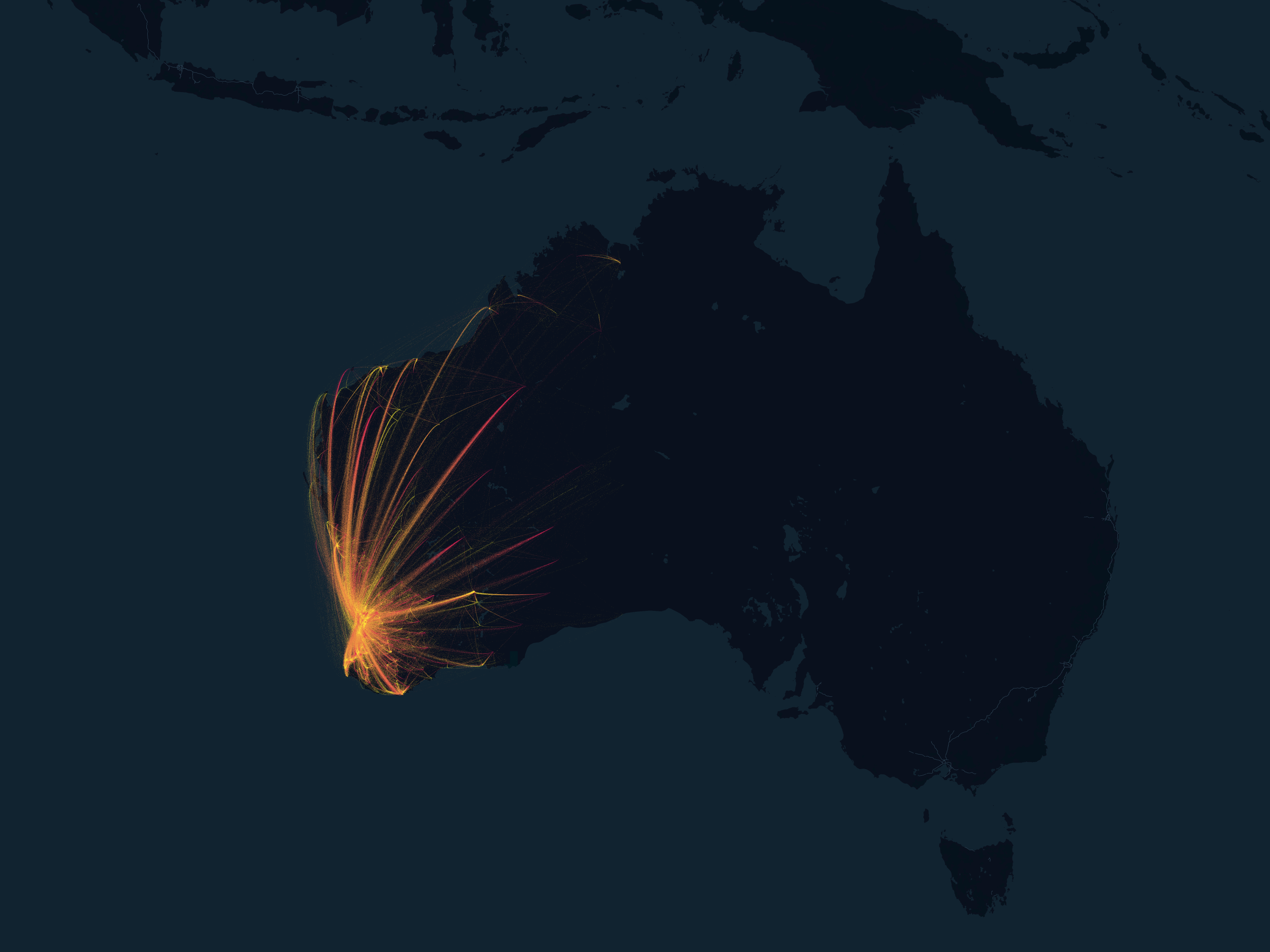Search
Showing results for "Au"
Research
Evaluation of PLATINUM C: PLATform IN the Use of Medicines to treat chronic hepatitis CTom Snelling BMBS DTMH GDipClinEpid PhD FRACP Head, Infectious Disease Implementation Research 08 6319 1817 tom.snelling@thekids.org.au Head,
Research
FeBRILe3– Fever, Blood cultures and Readiness for discharge in Infants Less than 3 months’ oldTom Snelling BMBS DTMH GDipClinEpid PhD FRACP Head, Infectious Disease Implementation Research 08 6319 1817 tom.snelling@thekids.org.au Head,
Research
Many Healthy LungsIn partnership with Derbarl Yerrigan Health Service and the Broome Regional Aboriginal Medical Service, we aim to improve Aboriginal lung health by determining for the first time the baseline lung function of Aboriginal Australians.

Research
Modelling the COVID pandemic with the Geographical COVID-19 Model (GEO-COV)Researchers have developed a new model for simulating covid-19 outbreaks in Western Australia.
Research
Learning Together and Learning Together at Home: Program Model ReviewLearning Together, developed by the South Australian Department for Education, aims to create enriched learning environments that can be transferred to the home to support positive changes for children and families.

With rising levels of physical and mental health issues, ensuring children establish good physical activity behaviours early in life is more important than ever.
Research
The Stride ProgramYoung adults, aged 18-24 years, are currently experiencing the highest rates of mental health challenges relative to the general population.
Research
The Youth Safe Haven Café ProjectThe Youth Safe Haven Project will co-design a youth-specific Safe Haven Café within the Peel Health Hub to serve as an alternative to the emergency department for young people at risk of suicide.
Research
Neurodevelopmental outcomes in children after prenatal marijuana exposureThe effect of prenatal marijuana exposure on child neurodevelopment remains poorly understood. Prior studies have demonstrated inconsistent results.
Research
Gestational age at birth and body size from infancy through adolescence: An individual participant data meta-analysis on 253,810 singletons in 16 birth cohort studiesPreterm birth is the leading cause of perinatal morbidity and mortality and is associated with adverse developmental and long-term health outcomes, including several cardiometabolic risk factors and outcomes. However, evidence about the association of preterm birth with later body size derives mainly from studies using birth weight as a proxy of prematurity rather than an actual length of gestation. We investigated the association of gestational age (GA) at birth with body size from infancy through adolescence.
